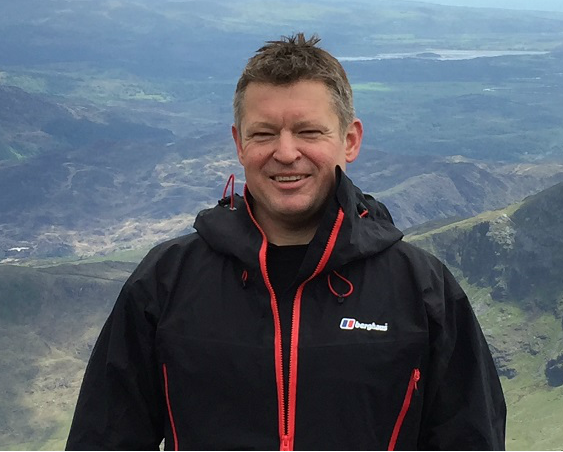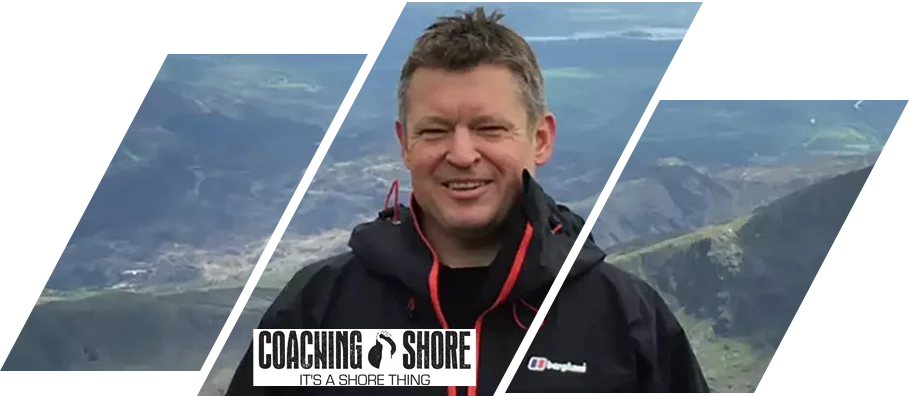I love watching elite level athletes in competition – especially runners.
Having engaged in the pursuit of running at various stages within my life and experiencing how it feels to really extend oneself in the pursuit of ever quicker times – I have a full appreciation of how fast the very best move, over distance and with the appearance of ease and fluidity.
Elite level athletes invest a huge amount of time in training, teaching the body and mind to adapt to training stimulation of which a huge part of this is in learning the skill of movement – becoming ever more efficient, more aware and crafting performance and movement at its best.
Bruce Lee is quoted as once saying “I fear not the man who has practiced 10,000 kicks once, but I fear the man who has practiced 1 kick 10,000 times.”
When it comes to becoming skilled in sport the SAID principle is one of significance.
The SAID principle states that Specific Adaptations occur due to Imposed Demand. In other words, the human body adapts to and becomes better at the practices it is regularly subjected to.
For elite level sporting performance this can have huge implications for performance and health.
For example, elite level long distance runners adapt to being able to run quickly, efficiently and for long distances and yet, may not be very strong (in the traditional sense) or mobile – they don’t need to be – the nature of their sport and therefore practice causes the adaptations to perform that one skill to the highest possible levels to the potential detriment of others.
At the opposite end of the scale, the most elite level powerlifters are exceptionally good at performing a max effort single rep of a bench press, squat or deadlift and yet may have limited skills when it comes to long distance running, yoga and the like.
As a personal trainer I work with a wide range of people from elite level athletes to those who simply wish to feel better in their own skin.
The SAID principle also applies to those who have no desire to compete in sport and perhaps prefer to just feel a little fitter, move a little better and generally feel more human.
Our society these days spend a huge amount of time sitting down – one of the most destructive positions that the human body is made to endure.
SAID applies in so much as, if large amounts of time are spent sat down, the body adapts to that very thing it finds itself doing most of the time – it gets better at sitting.
It is well known that sitting can cause a host of problems and imbalances and in my experience, a severe loss of consciousness of movement.
For many of the people I work with, pain and discomfort is a very real issue. Movement skills have been lost, restriction has set in and on a deeper level; disconnect from the body has occurred.
It can be easy to take our ability to move for granted; given the level of dedication and commitment we displayed as babies when we taught ourselves how to roll, crawl, stand and eventually walk this is a sad loss – but it doesn’t have to be a permanent one.
In my work I have learned the importance of simplistic practice of fundamental movement skills, with a mobility and strength focus in positively impacting human being lives.
Unlike elite level athletes whose awareness of movement and consciousness of effort is honed to precision, there is a huge need for the human race to get up, get out and re-connect with movement and to re-learn fundamental movement skills that as babies we worked so hard to develop.
Think mobility of spine, shoulders, hips, knees and ankles; squatting, spinal control, hip hinging, abdominal and gluteal activation, upper back strength, unilateral leg strength, carrying weight and an ability to get up and down off the ground with ease; Playful movement that is fun.
For the general population, a simplistic approach is often all that is required.
Improving mobility, awareness and quality of movement, strength, releasing restrictions (both physical and psychological) and getting out and connecting with our environment more can have a massive impact and help us to achieve things we previously may have felt beyond our reach; and of course there is always potential for creating a desire to engage in a sport that requires SAID.

Matt Shore
Contributor
Matt Shore is a Transformational Coach and Founder of Train Strong Personal Training. A Level 3 PT, SMK1 Instructor, Bulgarian Bag Coach and IAM Tools Practitioner Matt combines his extensive knowledge with practical experience gained as a Strength and Conditioning Specialist and Ex National Level Competitive Athlete. Matt is highly intuitive and works with individuals from all walks of life with a diverse range of goals. Upholding his belief of Strong Mind, Strong Body Matt helps the people he works with to challenge their perceived limitations, discover their own power and unlock their true potential. https://www.coachingshore.co.uk/

